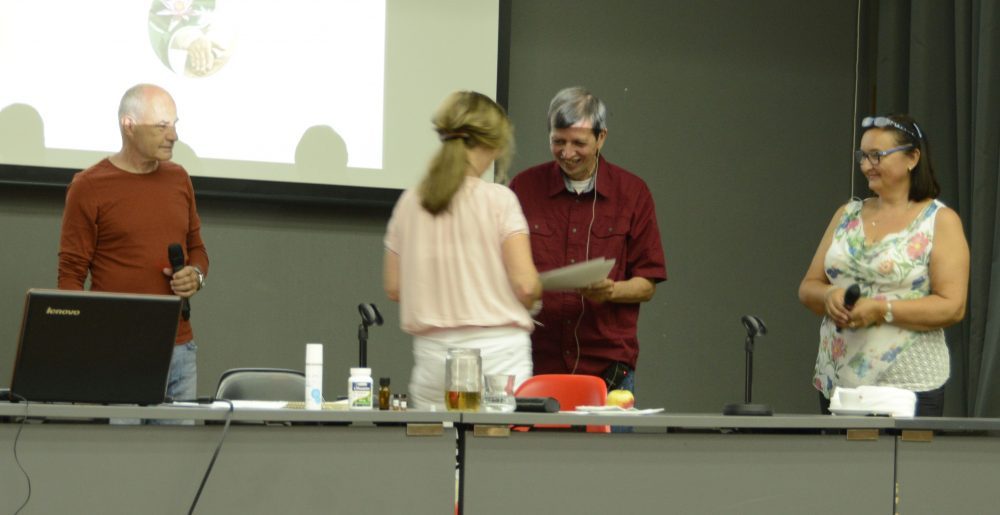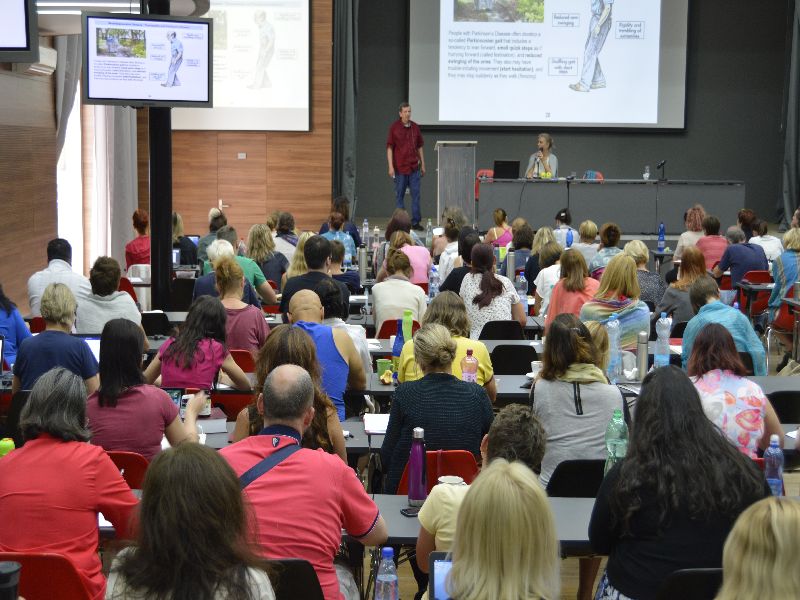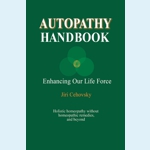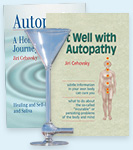Autopathy and homeopathy can join their strengths
In the course of its development, homeopathy has divided into many directions and schools. Autopathy, as the newest one, also belongs here, despite the fact that it does not use homeopathic remedies. But it asserts and even strengthens the general principles of homeopathy as they have been established and used for over two hundred years, and how the founder of homeopathy, Samuel Hahnemann, formulated them:
The principle of similarity: fine homeopathic information must have vibrations that are as similar as possible to the person being treated.
High dilution (refining) information, which then acts directly on the fine information area of a person, the life force, which organizes the mind and body and is responsible for health and feeling of good being.
The foregoing implies holistic action: The life force positively influences all levels of man from the spiritual one, over the mind to the physical organs.
My transition from a homeopath (practicing already back then for 20 years) to overridingly an “autopath” took place quite quickly when in 2002 I saw how the effect of own diluted saliva in some of my homeopathic cases, where I have not been getting such good and striking results before. Later on, I began to use autopathy even in successful homeopathic cases, simply for its reliability and the reduced possibility of making errors. But even later still, I have discovered that it is sometimes advantageous for our autopathic cases to use occasionally a homeopathic remedy. To add to the autopathic information from the fine and the physical body also the homeopathic information from the surrounding nature, be it a plant, a mineral or an animal. The surrounding nature, from which homeopathic remedies are made, is not so far separated from us, but comes from the same universal source as we do. And so, in short, as Hahnemann had discovered a long time ago, it has something to do with us.
And it can even sometime maintain the original creative and healing information better and longer than our own bodies persistently in increasingly polluted by industry and other “civilization” influences. A homeopathic remedy can supply information that is no longer in our system. And so, in a number of cases, I have successfully used a combination of homeopathic remedy and autopathy. In some cases, I have right at the beginning correctly identified my clients’ “constitutional”, homeopathic remedy with holistic effect, which was then used, but the effect was small. However, when I added repeated autopathic application, things radically moved forward. In such cases, autopathy supplied the lacking vital energy. In other cases (see e.g. Get Well with Autopathy) it was worthwhile applying selected homeopathic remedy symptomatically (i.e. on the basis of several symptoms) and alternate it with a well-tuned autopathic preparation. Although in the last years I recommend autopathy in my practice, there were also such situations, when the simultaneous or alternating use of correctly and professionally selected homeopathic remedy proved to be of benefit.
There are however graduates from the Homeopathic Academy (where, of course, we also teach autopathy as one of the homeopathic methods) who are more likely to approach this from the other side – because they are able to professionally select the nearest holistic homeopathic simillimum, or precise symptomatic remedy, they begin with it, but have autopathy always in reserve as an aid when things do not develop in the optimal way. Thus, autopathy greatly expands the homeopath’s options. However, it also works in the opposite way: the knowledge of homeopathy may in specific cases and situations extend the autopathic consultant’s possibilities.
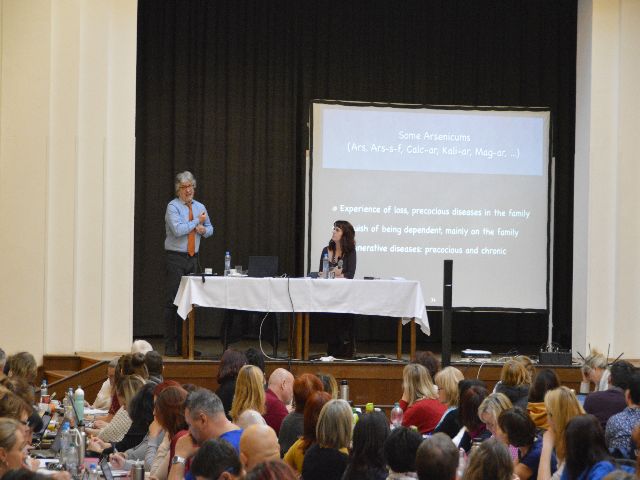
There is one more aspect of the matter. Autopathy is only 17 years old and is widespread mainly in the Czech Republic and Slovakia, with some extensions to other countries. However, homeopathy is the second most widespread method of treatment in the world and follows after the traditional ones, such as Chinese, Indian and others, which the media refer to as “alternative” (I add that only in the third place according to the number of people treated is the “Western”, chemical-technological, materialistically-oriented medicine). The repute of homeopathy is therefore large. It has strong media support thanks to some celebrities who publicly advocate it and show a remarkably good health, such as the British royal family headed by the Queen, who has recently reached in full activity 93 years of age. Recently, Prince Charles assumed a personal patronage over the London Faculty of Homeopathy, a world-renowned training center, whose former Dean and the current Director of Education Dr. Russell Malcolm has been regularly lecturing at our Homeopathic Academy for 25 years. Many of those who teach here belong to world-renowned top professionals in the field. This means that also the students are in contact with the best that modern homeopathy can provide. Be it literature and textbooks or people. During their studies they join this great world stream and are acquainted with a wide variety of schools and approaches to homeopathic treatment, so that they can choose what they will use as the most appropriate treatment in specific cases and with what they can combine it.
If I were a consultant in autopathy (or in something else “alternative”) and did not know much about homeopathy yet, I would probably consider studying at the Homeopathic Academy to expand my horizons and possibilities and to have the opportunity to meet people with similar visions of the world to mine.
